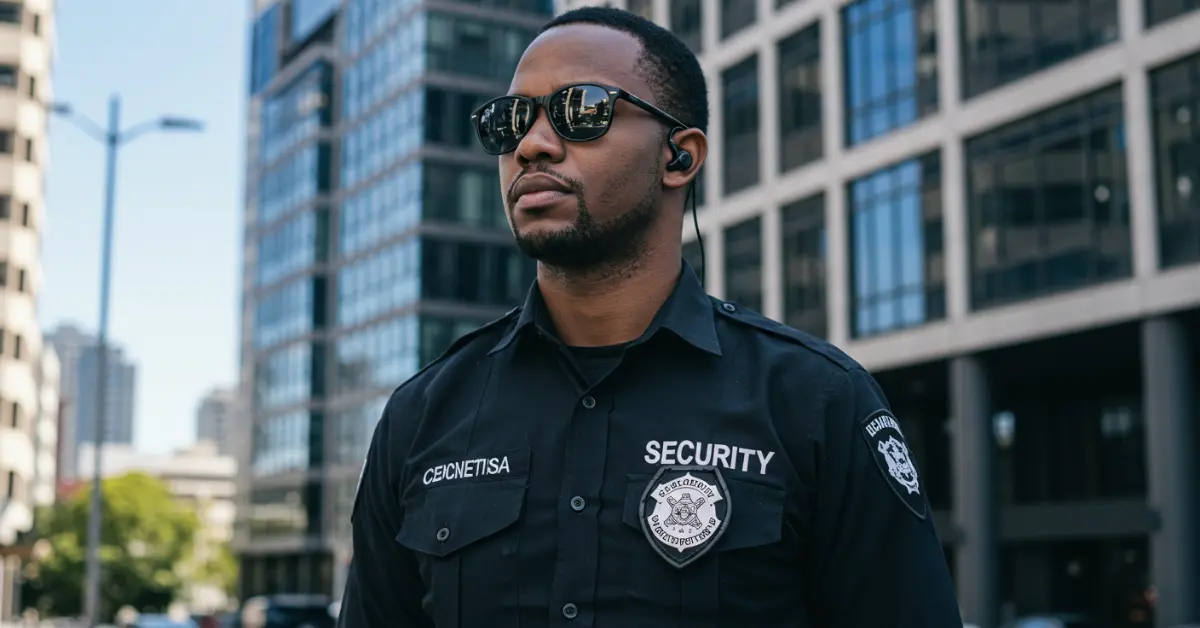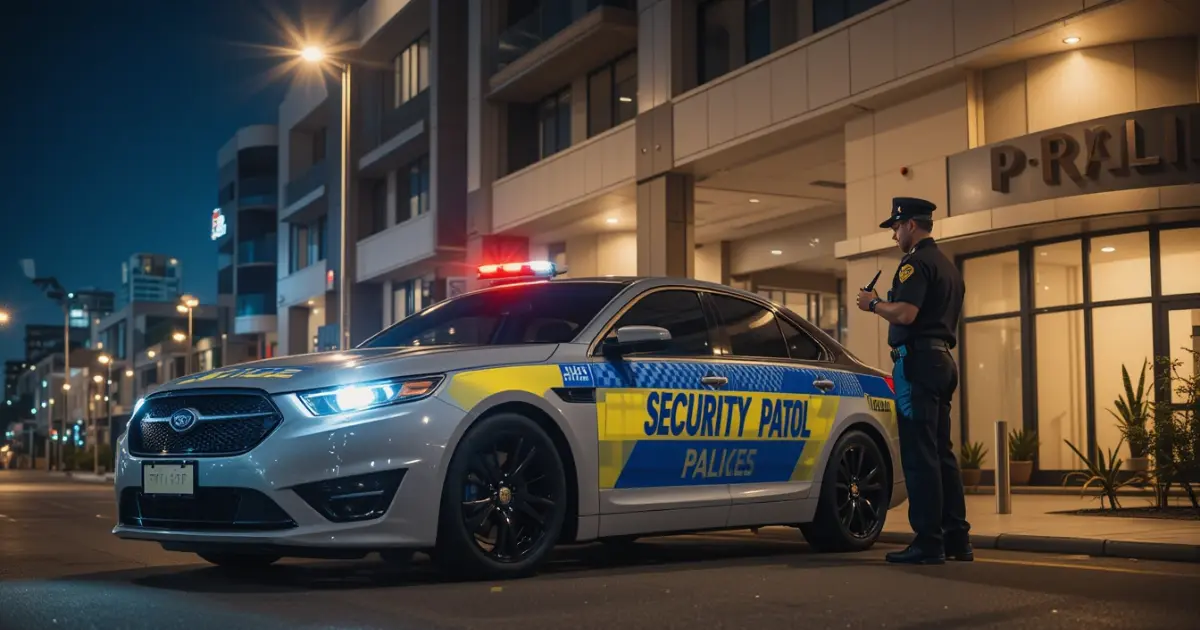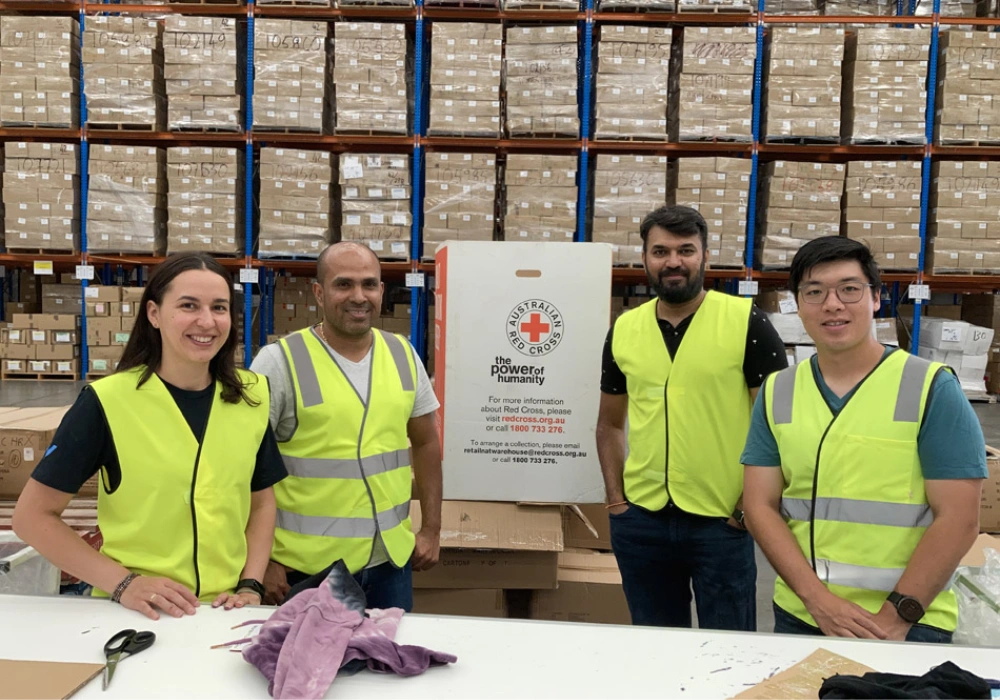In Melbourne, businesses are being told that safety is more important than ever. Every day, new stories are shared about shops being broken into, offices being robbed, or even cyberattacks stealing money. These problems are making business owners worried about their safety and the safety of their workers.
Crimes like theft and vandalism are being reported more often in places like the city center and shopping areas. For example, some stores have had their windows smashed at night, and expensive items stolen. Because of this, many companies are being advised to install cameras, alarms, or even hire guards.
New dangers like hackers are also being talked about. Hackers can steal customer details, passwords, or even money from a business’s bank account. To stop this, companies are being reminded to protect their computers and networks with special tools.
If you want to learn more about how to keep your business safe from these risks, this guide about access control in Melbourne might help. It explains how locks and digital systems can stop unauthorized people from entering your building.
1. What Exactly Is Commercial Security and How Does It Work?

Commercial security is a term used to describe tools and services that are meant to protect businesses. This can include cameras, alarms, and even people who watch buildings at night.
Unlike home security, commercial security is built to handle bigger spaces and more risks. For example, a small shop might use a simple camera system, while a large warehouse could need guards and advanced alarms.
A solid security system is made up of parts like:
- Cameras: These record what happens outside and inside a building. Some cameras can be checked from phones or computers, so business owners can see what’s happening even when they’re not there.
- Alarms: These make loud noises if someone tries to break in. Some alarms also send messages to the owner’s phone or a security company.
- Access control: This includes keypads, fingerprint scanners, or apps that let only certain people enter specific areas. For instance, a manager might use a special code to unlock the office door, while regular employees can’t.
These tools work together to stop crimes before they happen. For example, a camera might scare away a thief, or an alarm might alert the police quickly.
2. Why Are Businesses in Melbourne Investing More in Commercial Security Services?
Many reasons are given for why businesses are spending more on security.
- Crime rates are going up: Some areas in Melbourne are being described as risky for businesses. For example, shops near train stations might get broken into more often because of the crowds.
- Cyber threats are growing: Hackers are targeting companies to steal money or data. Small businesses are often told they are easy targets because they don’t have strong computer protections.
- Owners are being reminded to plan for risks: Experts say that preparing for dangers is better than fixing problems later. For instance, installing a camera system now could stop a robbery, saving thousands of dollars.
- Laws are requiring better safety: Some industries, like banks or hospitals, must follow rules that demand strong security. If they don’t, they could face fines or lose their license to operate.
- Employees and items need protection: Business owners are being told to keep their workers and products safe. For example, a factory might use cameras to watch over expensive machines, while an office might install alarms to protect computers.
These reasons are why more businesses are choosing to invest in security. It’s not just about stopping thieves—it’s also about following the law, protecting workers, and keeping customers safe.
3. What CCTV Surveillance Options Exist for Businesses?
Cameras that record video are a common choice. Many businesses are choosing high-definition cameras that can be checked from phones or computers. For example, a restaurant owner might use a camera to watch over the kitchen when they’re not there.
Some cameras even use artificial intelligence (AI) to spot suspicious behavior. For instance, a camera might send an alert if someone is standing outside a store for too long. For more details, this article about smart camera systems might be useful.
Which Alarm Systems Offer the Best Intrusion Detection?
Alarms that send alerts to phones are popular. If a window is broken or a door is opened, the owner gets a message right away. Some systems can even call the police automatically.
For example, a jewelry store might use an alarm that goes off if someone touches a display case. This could scare the thief and bring help quickly.
What Access Control Systems Are Suitable for Businesses?
Some businesses use keypads or fingerprint scanners to control who can enter. This guide about access control explains how these systems work.
For instance, a tech company might use fingerprint scanners so that only staff can enter the server room. This stops outsiders from stealing sensitive data.
Should I Hire On-Site Security Guards?
Guards are often hired for big events or places with high-value items. For example, Melbourne airport security jobs are linked to companies that protect large areas.
Guards can also help during emergencies. For example, if a fire breaks out, they might guide people to safety.
Fire Detection and Emergency Response Systems
Some businesses install smoke detectors and sprinklers to stop fires from spreading. These systems are often connected to emergency services, so help arrives quickly.
For example, a hotel might use a system that automatically turns on sprinklers if smoke is detected. This could save lives and reduce damage.
4. How Do You Choose the Right Commercial Security Provider in Melbourne?
Picking the best security company can be tricky. Here’s what to look for:
- What does your business need? Some companies sell cameras, while others offer guards. For example, a small shop might only need cameras, while a factory might need both cameras and guards.
- How experienced is the provider? Old companies with good reviews are often trusted. Look for providers that have been in business for at least five years.
- Are they certified? Licenses are required for legal security work. In Australia, companies must have a “Private Security Business Licence” to operate.
- How much do they charge? Prices vary, so comparing packages is smart. Some companies charge monthly fees for monitoring, while others offer one-time installation costs.
- Do they offer 24/7 support? Emergencies can happen at any time. A good provider should answer calls day or night.
This post about Adelaide security companies has tips for comparing providers. It includes questions to ask before hiring a company.
5. Is Investing in Commercial Security Worth the Cost?
Many businesses are being told that security is not a waste of money.
- Average costs: A basic system might cost between $2,000 and $5,000. More advanced setups, like AI-powered cameras, can cost tens of thousands.
- Long-term benefits: Stolen items can be expensive to replace. For example, if a thief steals $10,000 worth of electronics, a camera system that costs $3,000 would pay for itself.
- Return on investment (ROI): Cameras and alarms can stop crimes before they happen. For instance, a thief might avoid a store with visible cameras.
- Hidden costs: Some companies charge extra for updates or monitoring. Always ask about these before signing a contract.
For example, access control systems in Perth are said to save money by reducing theft. One business reported cutting losses by 30% after installing keypads.
6. What Are the Latest Trends in Commercial Security Technology?
New tools are being created to make security better.
- AI-powered cameras: These can recognize faces or spot suspicious behavior. For example, a camera might send an alert if someone tries to climb a fence.
- Cloud storage : Videos can be saved online instead of on hard drives. This makes them easier to access and harder to destroy.
- Smart building integration : Security systems can connect with lights or thermostats. For instance, lights might turn on if motion is detected at night.
- Drones: Some companies are testing drones to watch over large properties like farms or warehouses.
- Cyber-physical systems: These combine digital and physical security. For example, a system might lock doors if a hacker tries to access a network.
This article about alarm monitoring talks about how modern systems use these trends. It also includes tips for choosing the right technology for your business.
7. How Can the Right Security Services Help Secure My Melbourne Business for the Future?
Businesses are being warned that safety is not optional. By choosing trusted providers and modern tools, owners can protect their money, workers, and reputation.
For example, a small cafe might install cameras to prevent theft, while a tech startup might use access control to protect data. Both choices help the business grow without worrying about risks.
If you’re unsure where to start, check out this guide to security courses in Adelaide to learn more about training options. It includes tips for employees to stay safe at work.
8. Final Thoughts:
Staying safe in Melbourne requires planning. Whether you choose cameras, alarms, or guards, investing in security is a step toward a safer future. With the right tools and providers, your business can thrive without fear of crime or cyberattacks.



